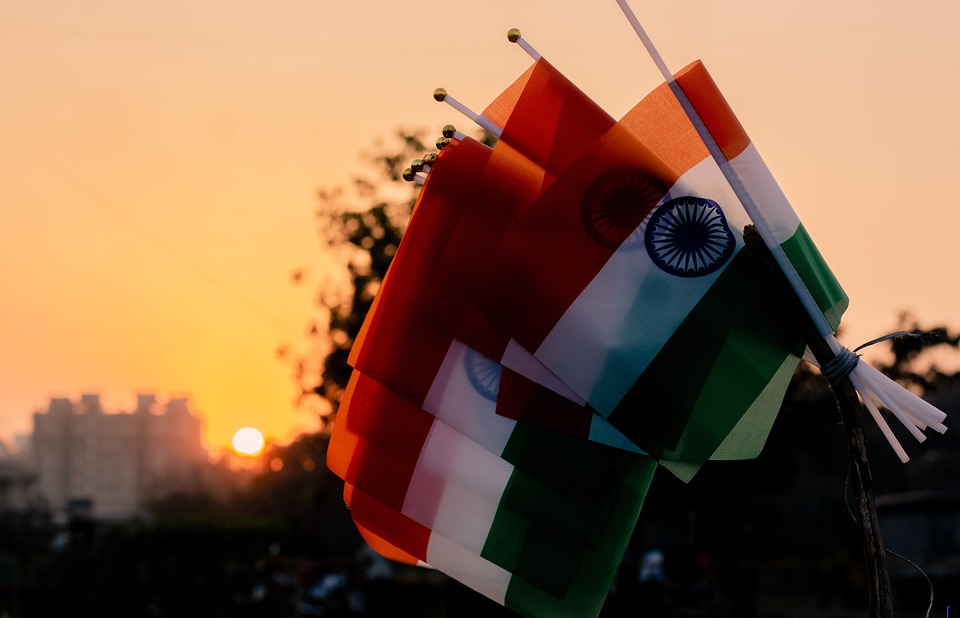While the rest of India was reveling in its 75th Independence Day, a Goan island was protesting against it. St. Jacinto locals got into a tiff with the Indian Navy, refusing to hold a tricolor hoisting ceremony. Goa has a more varied history when it comes to the state’s independence. This is why, some areas in Goa do not celebrate 15th August as Independence Day.
Goa’s Unique Past
Goa was under foreign rule for more than 4 centuries: twice the time the rest of India was under colonialism. After all, the state was the capital of its reign in India. The Portuguese ruled the tiny state, traces of its Western past you will still find scattered around today. Leaders like Ram Manohar Lohia, Prabhakar Vitthal Sinari, and others led a civil disobedience movement to oust the foreign power out of Goa. In fact, 19th December 1961 is the Goan Liberation Day.
Because Goa technically wasn’t a part of India when the rest of the country became independent, some locals refuse from marking the national holiday. The locals of St. Jacinto reportedly agreed after some negotiations. Following which the tricolor was hosted successfully by naval officials.
One of the top must-go places for the Indian youth, Goa has a culture that is unique in the mainland. Beyond its beaches and colorful festivals, Goa has lots more to offer you with its rural scene. Prime landmarks like Immaculate Conception Church and the Aguada fort are remnants of India’s history with the Portuguese.
Goans also celebrate 15th August with much zeal. But the incident of St. Jacinto has sparked up a conversation, often appearing as striking news to people. Goa since had a booming growth because of the tourism and entertainment industry, and still remains on the bucket lists of many young Indians.




Warning: Use of undefined constant ‘url’ - assumed '‘url’' (this will throw an Error in a future version of PHP) in /var/www/html/wp-content/themes/theissue/functions.php on line 143
Warning: Use of undefined constant ‘url’ - assumed '‘url’' (this will throw an Error in a future version of PHP) in /var/www/html/wp-content/themes/theissue/functions.php on line 143